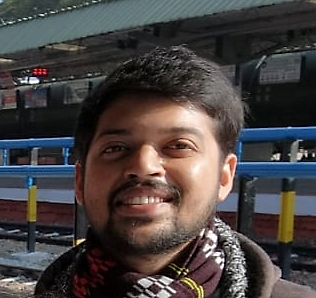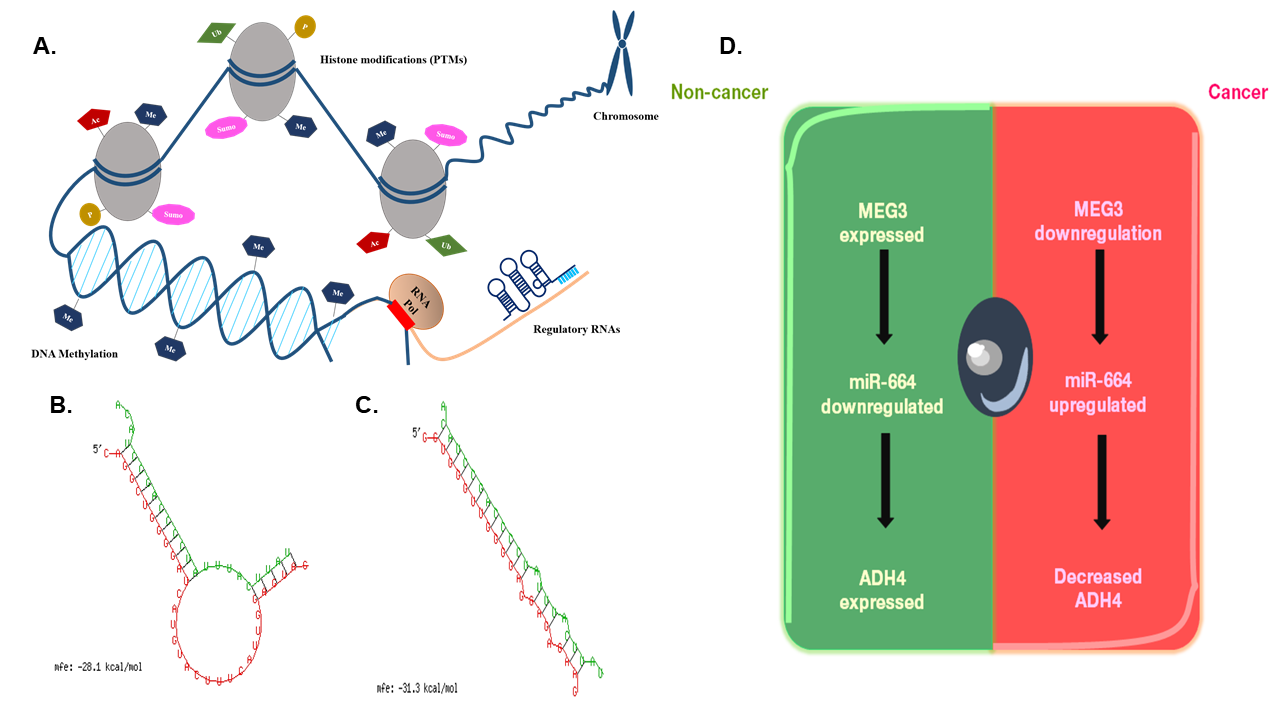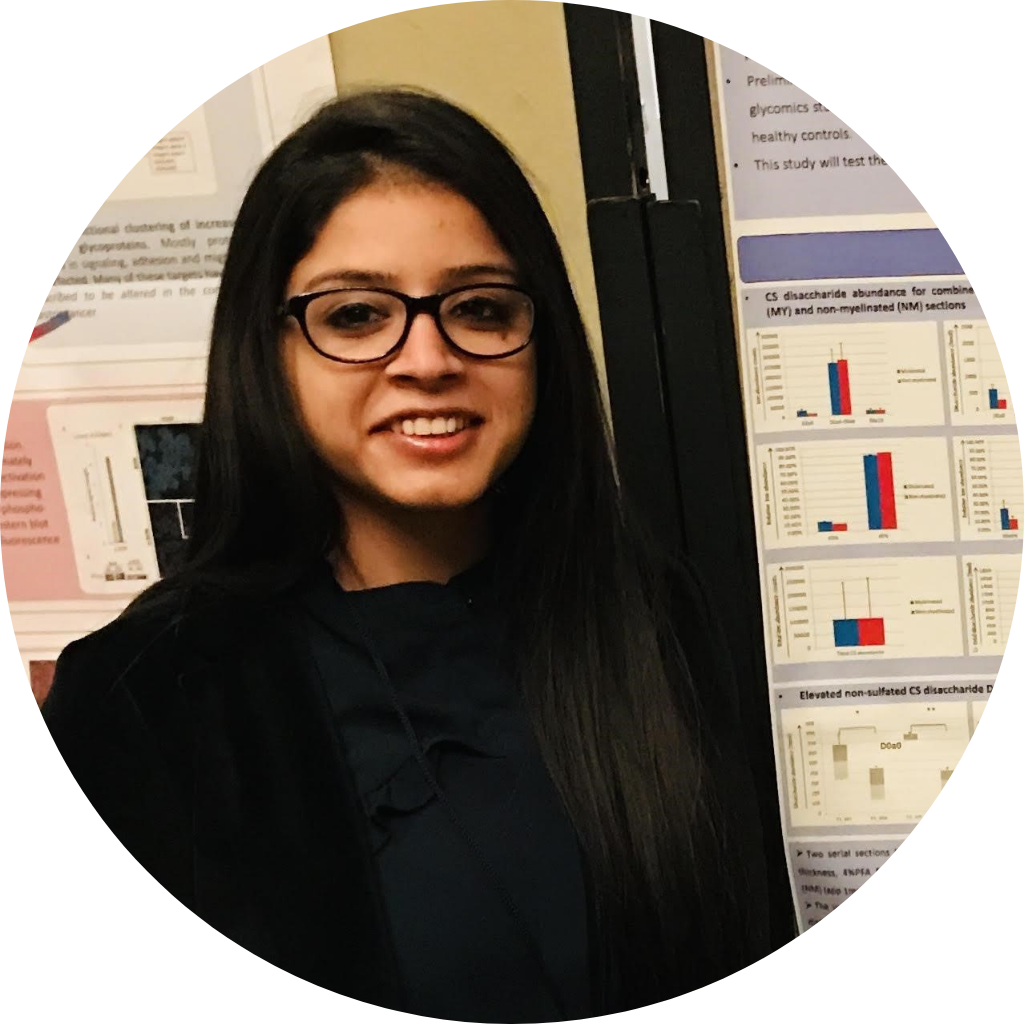About author
Mr. Shreyas H. K. is currently a graduate student at Dr. Prasanna Kumar Santhekadur’s lab at the Center of Excellence in Molecular Biology and Regenerative Medicine at JSS Medical College, JSS Academy of Higher Education and Research, Mysuru. He completed his Masters in Molecular Biology from the University of Mysore (2021). Before joining Dr. Prasanna’s lab, he worked as a Research Fellow at the Manipal School of Life Sciences, MAHE. During his M.Sc., he worked as an intern in various labs at DBT-RGCB, NIMHANS, HBCSE-TIFR, and MAHE. Here, Shreyas is sharing his work “Novel Insights on MEG3/miR-664a-3p/ADH4 axis in Hepatocellular Carcinoma from an In silico Perspective,” which was recently published in Genes, 2022.


